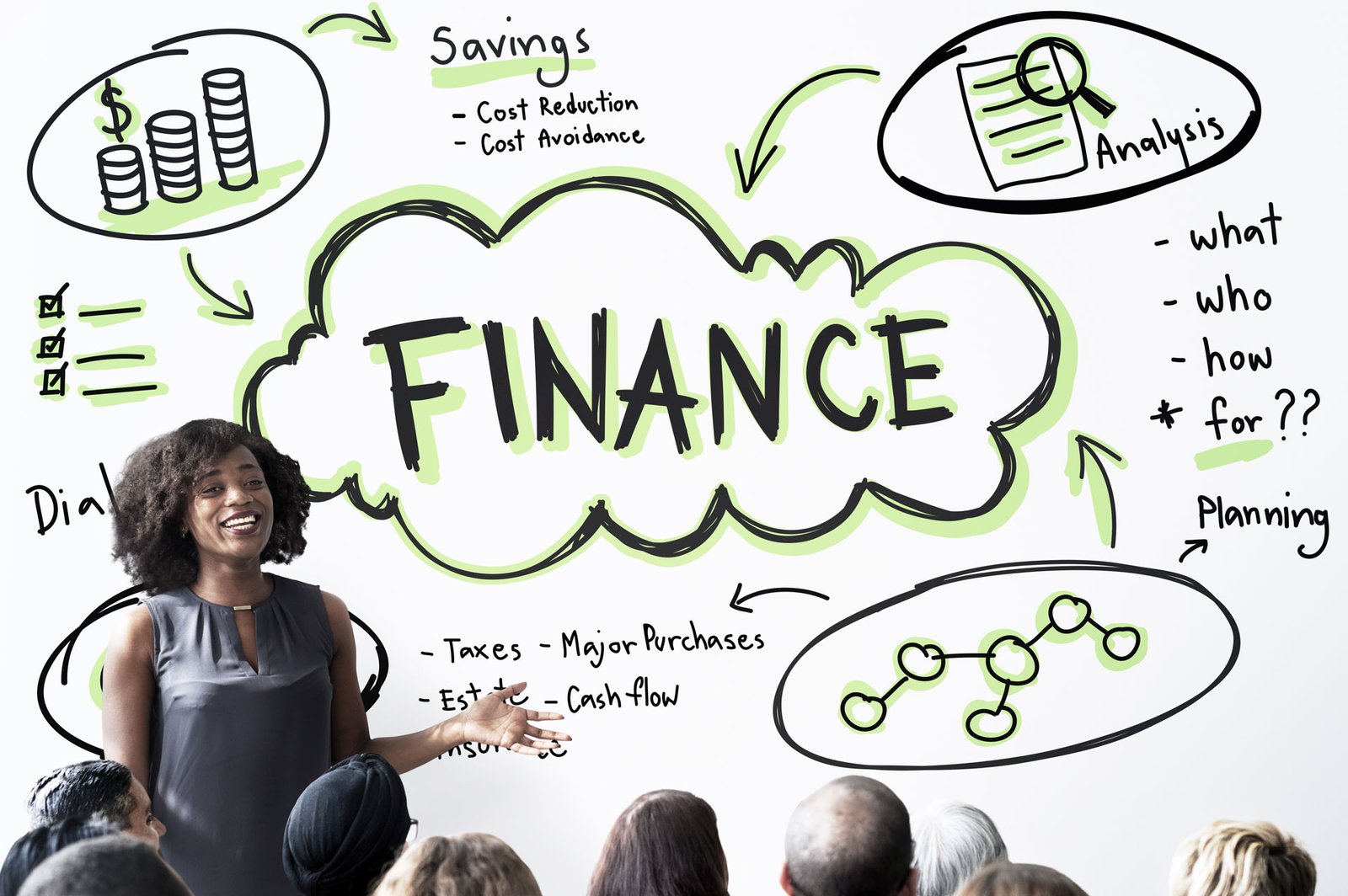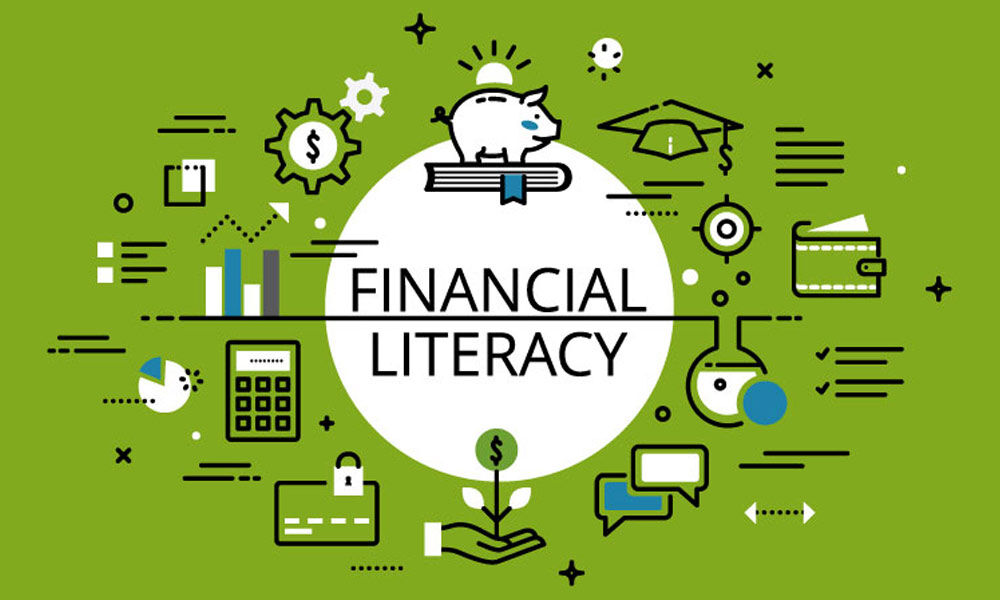Importance of Financial Literacy

Financial literacy is crucial for individuals as it equips them with the knowledge and skills needed to make informed financial decisions, manage their money effectively, and plan for their future financial goals.
Impact on Personal Finance Decisions
- Understanding the concept of budgeting allows individuals to track their expenses, prioritize their spending, and avoid accumulating debt.
- Knowledge of interest rates and credit scores helps individuals make wise borrowing decisions and maintain a good credit standing.
- Being aware of investment options enables individuals to grow their wealth and secure their financial future.
Benefits in Today’s Economy
-
Financial literacy empowers individuals to navigate the complexities of the modern financial world, including managing debt, planning for retirement, and dealing with unexpected financial challenges.
- It helps individuals build a strong financial foundation, achieve financial independence, and work towards long-term financial stability.
- Financially literate individuals are better equipped to take advantage of opportunities for wealth creation and are less vulnerable to financial scams or pitfalls.
Types of Financial Literacy Resources

Financial literacy resources come in various forms to cater to different learning styles and preferences. Whether you prefer online tools or traditional methods like books and workshops, there are resources available to help you improve your knowledge and skills in managing finances.
Online Resources
Online resources have become increasingly popular due to their accessibility and convenience. Websites, apps, and online courses offer interactive tools, calculators, articles, and videos to educate individuals on topics like budgeting, investing, and retirement planning. Platforms like Mint, Personal Capital, and Investopedia are widely used for financial education and planning.
Traditional Methods
Traditional methods such as books, workshops, and seminars continue to be valuable resources for those who prefer a more hands-on approach to learning. Books written by financial experts provide in-depth knowledge on specific topics, while workshops and seminars offer interactive sessions and networking opportunities. Popular books like “The Total Money Makeover” by Dave Ramsey and workshops by organizations like the Financial Planning Association are highly regarded in the financial literacy community.
Comparison
Both online resources and traditional methods have their advantages and drawbacks. Online resources offer flexibility and real-time updates, while traditional methods provide a more personalized and interactive learning experience. It ultimately depends on individual preferences and learning styles when choosing the most suitable resources for improving financial literacy.
Strategies for Enhancing Financial Literacy

Financial literacy is crucial for making informed decisions about money management. Here are some practical strategies individuals can use to enhance their financial knowledge.
Role of Budgeting, Saving, and Investing
- Budgeting: Creating a budget helps track income and expenses, allowing individuals to allocate funds wisely and avoid overspending.
- Saving: Setting aside a portion of income for emergencies or future goals is essential for financial stability and growth.
- Investing: Learning about different investment options and strategies can help individuals grow their wealth over time.
Tips for Staying Updated with Financial Trends
- Follow Financial News: Regularly reading financial news websites or subscribing to newsletters can help individuals stay informed about market trends and changes.
- Attend Workshops or Seminars: Participating in financial workshops or seminars can provide valuable insights and updates on relevant financial topics.
- Utilize Online Resources: Online platforms, such as financial blogs, podcasts, and webinars, offer a wealth of information on financial trends and developments.
Financial Literacy Programs and Courses
Financial literacy programs and courses are essential for individuals to gain knowledge and skills to manage their finances effectively. These programs cater to different demographics and offer a structured approach to improving financial literacy.
Notable Financial Literacy Programs
- Money Smart – A program by the Federal Deposit Insurance Corporation (FDIC) designed to help individuals enhance their financial skills and create positive banking relationships.
- Smart About Money – Developed by the National Endowment for Financial Education (NEFE), this program offers a variety of courses and resources for different life stages.
- My Money Five – Provided by the U.S. Financial Literacy and Education Commission, this program focuses on five key principles of financial management.
Structure and Content of a Typical Financial Literacy Course
A typical financial literacy course covers topics such as budgeting, saving, investing, debt management, and retirement planning. These courses may include interactive workshops, online modules, case studies, and real-life simulations to provide a comprehensive learning experience.
Benefits of Participating in Financial Literacy Programs
- Improved Financial Decision-Making: By enhancing their financial knowledge, individuals can make informed decisions regarding budgeting, saving, and investing.
- Reduced Financial Stress: Learning how to manage finances effectively can reduce stress related to money issues and improve overall well-being.
- Long-Term Financial Stability: Participation in financial literacy programs can help individuals plan for the future, build wealth, and achieve financial goals.